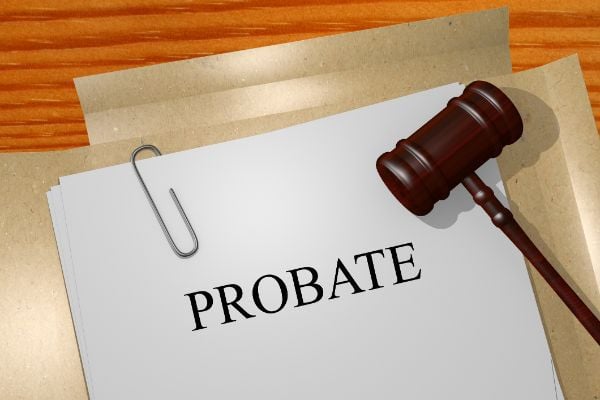
When you lose someone you love, you have to cope with the grief of the situation and the complications of managing his or her estate. The stress can be compounded by not knowing what to expect during the probate process. While it is not possible to anticipate everything, by understanding specific key facts, you may be able to get a better idea of how to manage issues when a loved one passes away in United Kingdom. Here are 5 things to know about United Kingdom Probate:
- United Kingdom Probate will Take Time
When someone has a will and their estate appears to be in order, you would think probate would be a quick and simple matter of filing a few documents. However, in United Kingdom, even when things go smoothly, this process can take approximately nine to eighteen months to finish. Part of the reason for the timeframe is to give the decedent’s creditors time to make claims against the estate before the heirs are paid.
- Family Disputes Can Lead to Years of Litigation
When you think of antagonistic legal cases, divorce and child custody may jump to mind. However, family battles over estates can be just as contentious. When family members feel they have been disinherited unfairly or that their loved one was manipulated into leaving his or her estate to specific individuals, emotions can run high. When heirs are fighting, probate can last years and mean extensive legal fees.
- Some Property May Not Have to Go Through Probate
In United Kingdom, some property can bypass probate because of how it is owned. For instance, when you and another person own property together through a joint tenancy, and one of you dies, the other will inherit the deceased person’s interest. If you are both named on a financial account, such as a checking or savings, which has survivorship, the surviving account holder automatically gets what is in the account if the other holder passes away. There are also trusts which you can transfer your property into for the benefit of beneficiaries. All of these types of assets stay out of probate. Additionally, life insurance proceeds and retirement account designations are not part of the probate estate.
- Your Personal Representative Does Not Have to be an Attorney
When you create your will, you will designate a personal representative who will be in charge of seeing that the document is filed with the probate court and that specific tasks are completed. Your personal representative does not have to be an attorney. However, managing these responsibilities in accordance with the law and the court’s requirements can be daunting, and many personal representatives have counsel to advise them as they perform this role.
- If You Die Without a Will, Your Property Will be Distributed According to the Law
One common mistake is planning to make a will but not ever getting around to the task. The result is dying without any instructions as to what to do with your estate. Although you may have told others what you wanted to happen with your home, car, or money when you passed away, without a valid will, your property will pass to your heirs in an order stated in the law rather than according to your preference.
At the Law Offices of Alhayat Solicitors, we have experienced attorneys who are here to discuss your estate planning needs and can help you understand your options before probate becomes necessary. Contact us today to schedule your free consultation. https://www.salvolaw.com


